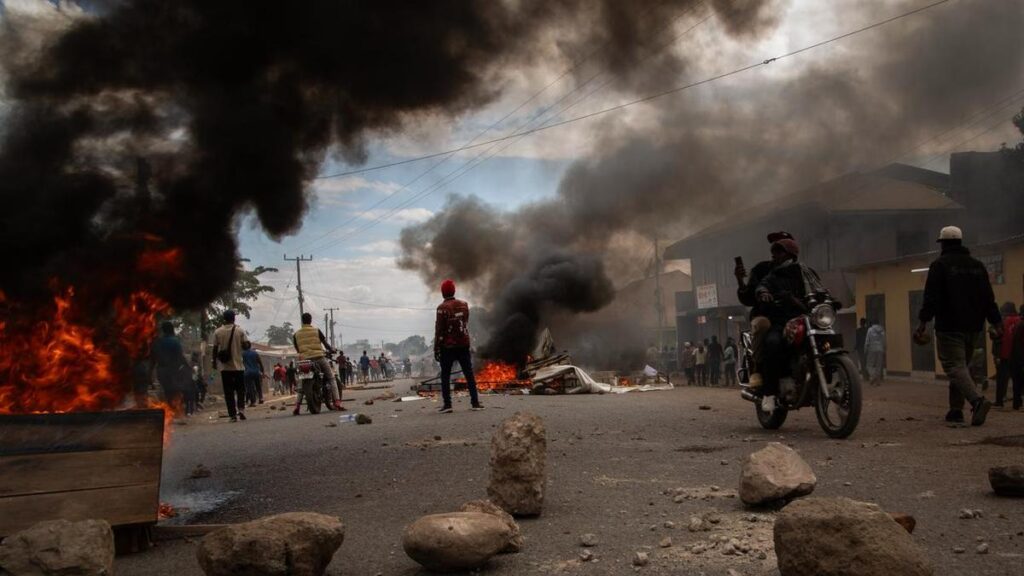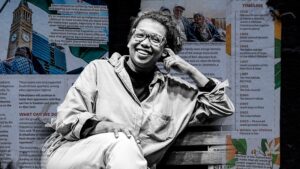
UPDATE: In a shocking escalation of violence, reports confirm that at least 700 people have died in protests following Tanzania’s elections this week, according to the opposition party CHADEMA. The unrest erupted after the government excluded major challengers from the presidential race, leading to widespread anger among citizens.
Tanzania’s main opposition party, CHADEMA, claims the casualty figure is based on accounts from health workers in various cities. The United Nations has also reported credible evidence of at least 10 fatalities across Dar es Salaam, Shinyanga, and Morogoro, marking the first public acknowledgment of deaths by an international entity since the protests began.
Authorities say they are working to restore order after what they describe as “isolated incidents.” However, police have been seen using tear gas and gunfire to disperse demonstrators, with an overnight curfew now enforced in the commercial hub of Dar es Salaam. Internet connectivity has been disrupted since Wednesday, further complicating communication for protesters.
Protests erupted after the election on October 25, 2023, fueled by accusations of repression and the exclusion of President Samia Suluhu Hassan‘s major rivals. Witnesses reported that security forces aggressively quelled rallies, leading to escalating tensions nationwide.
John Kitoka, a spokesperson for CHADEMA, stated, “We are calling for the protests to continue until our demands for electoral reforms are made.” Despite heavy police presence, protests persisted in several areas, albeit with reduced participation due to intimidation.
President Hassan, who previously gained acclaim for easing restrictions after taking office in April 2021, is now facing intense scrutiny following recent events. The government claims that heightened security measures are temporary and necessary, assuring the public that normalcy will soon return.
In a televised address, the foreign affairs ministry said, “Owing to isolated incidents of breaching law and order, the government has heightened security and taken several other precautionary measures.” UN human rights spokesperson Seif Magango urged Tanzanian authorities to “refrain from using unnecessary or disproportionate force” and called for peaceful protests.
As the situation develops, the international community is closely monitoring events in Tanzania. Citizens remain on edge, grappling with the impact of the unrest on their daily lives and the future of democracy in the nation. Reports of further protests and government responses are expected in the coming days, making this a pivotal moment for Tanzania’s political landscape.
Stay tuned for more updates on this evolving situation.






